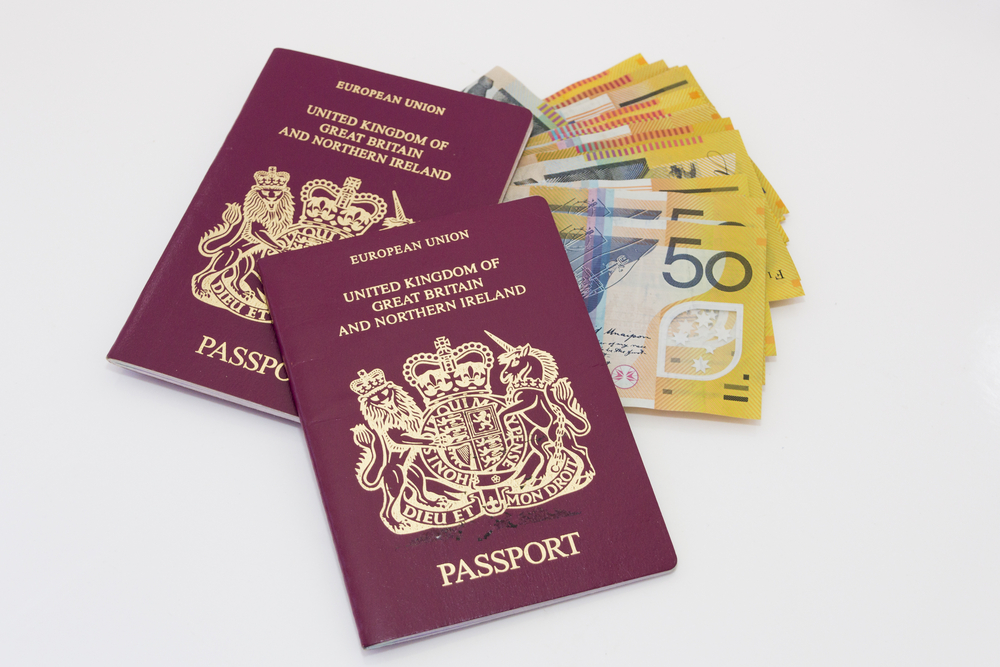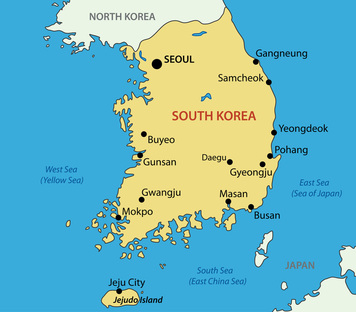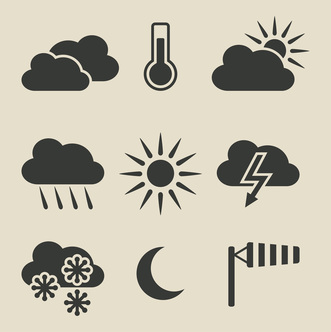South KoreaThe Republic of Korea is a rapidly developing country, although it still feels a bit like Japan's little brother, despite being Asia's third-largest economy. Perhaps not as firmly on the tourist's radar, the country is well-worth a visit - it's not just Gangnam Style and Kimchi! As with many Asian cities, Seoul has a fantastically positive energy - people tend to work hard but play hard and optimism is high. With unique geographical and cultural sights and over 5000 years of history, as well as the demilitarised area at the border with North Korea, there is plenty to see. Whether you prefer mountains, islands, beach resorts or modern cities, you will find something to suit in South Korea. There are also plenty of luxury hotels - Seoul alone has around 20 including a Park Hyatt, Ritz Carlton, JW Marriott, Conrad and Banyan Tree. Most tourists will enter the country at Incheon, with Jeju and Busan also hosting international airports. Alternatively, ferries from Japan, China or Russia are available for those who prefer boats to planes.
ClimateA temperature climate, South Korea has four seasons, influenced by air currents from the Asian continent. Winter (November-April) is long and harsh with temperatures below 0 C, so snow is a frequent occurrence and the country has many ski resorts. Spring (May-June) and autumn (September-October) are unfortunately short as they are the best time to visit the country with clear blue skies, warm weather and relatively little rain - spring has the added attraction of the cherry blossoms. On the other hand, summer is hot and humid and the start of the monsoon season with two-thirds of annual precipitation falling between June and September. In general, Jeju Island in the south is warmer and has milder weather than the rest of South Korea.
Although less of a problem than in Japan, China or the Philippines, typhoons do still occur at a rate of one to three per year. These are generally in August and bring torrential rains and increased risk of flooding. |
EssentialsSouth Korea is an easy country to visit for nationals of many countries with visa exemption granted for citizens of much of Europe, Oceania, the US, Canada, Japan and the Middle East. Duration of visa-exempt stay varies from 30 days to 6 months, with most Western countries offered 90 days, so plenty of time to see the country if travelling for tourism. For those who require a visa, a single-entry visa costs $30 for up to 90 days.
The currency is the won, with $1 being just over 1000 SKW, 1 euro equivalent to 1250 SKW and £1 equating to 1700 won at time of writing. An upmarket dinner for 2 including wine costs around 50,000 won and a standard room in a five star hotel in Seoul ranges from $200-$500. For top suites, look to the Park Hyatt ($5000 for the Presidential Suite), Conrad ($6000) or Banyan Tree ($11,000). |



